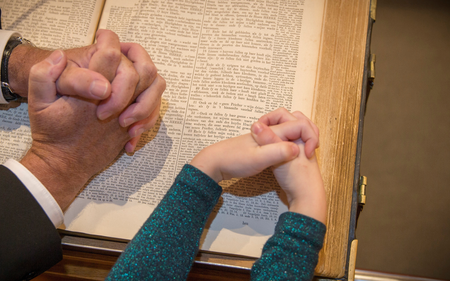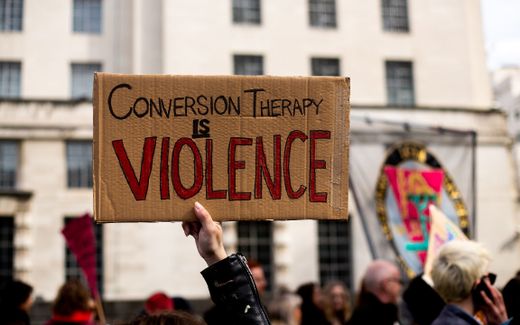“Swedish government might succeed in banning denominational schools”

Photo Henk Visscher, RD
Northern Europe
The Swedish government might succeed in banning denominational independent schools, a Swedish religious freedom expert thinks. She believes that the European Court of Justice acted cowardly in similar matters and wants a debate.
The governing Swedish Social Democrats want to tighten rules for founding private schools in order to strengthen the public school system. Their ultimate goal is to get a total ban on denominational schools, as CNE.news reported earlier. According to the Swedish government, the proposal is compatible with international religious freedom and business freedom conventions. It aims to get the law into force in 2024.
Kristina Patring, a Swedish expert on religious freedom, thinks the government may well be able to enact the legislation. Although several people who run Christian independent schools tend to point to the European Convention and say that they have human rights on their side, Patring is not so sure about a legal win. According to her, the European Court of Justice has given a lot of space to individual states regarding religious freedom issues. She says so to the Christian Swedish daily Dagen. “We have seen how the court previously acted cowardly and let states themselves define where they put borders on freedoms.”
Secularised
The Swedish government has referred in its memorandum that there is a national assessment margin that the court must take into account. This means that it is just a matter of Sweden being judged to be so secularised that a ban on denominational independent schools would be considered in line with Sweden’s national identity.
As Dagen writes, Patring believes there are a few problems with the plans of the Social Democrats. She thinks that the government can not prove that a stop to the establishment of religious preschools would solve the problems that the government wants to tackle in the first place, namely segregation and religious radicalisation. “There is also not enough evidence that children are subjected to religious coercion”, Patring says.
As little religion as possible
However, according to Patring, a larger issue is looming beyond the question of banning denominational independent schools. “It is about what kind of society we want, how the public should relate to religion.”
Patring uses France and the United Kingdom as an example. In France, there is an attitude where state and religion are kept apart and whereas little religion as possible can take place in public life. The United Kingdom, meanwhile, has a more relaxed approach where the state should be secular and neutral, but government employees can wear religious symbols. “Here are two completely different societal visions. That is why discussion is needed.”
According to Patring, The government’s stated desire to ban denominational independent schools is inclined to a more French approach. She adds that there are also other signs of this, for example, when it comes to withdrawing contributions to religious actors. “If the legislation passes on the denominational independent schools, then the door has been opened to the French approach.”
The Norwegian government, meanwhile, is working on similar plans. On April 8th, the government presented a proposal for a new private school law, in which it will no longer be possible to create new private schools. It will also not be possible to expand existing schools. “The new law means that private schools must represent a real supplement to the public community school in order to be approved”, the Minister of Education, Tonje Brenna stated to the Norwegian daily Norge Idag. “We want to stop the privatisation and build a stronger public community school.”
Related Articles






